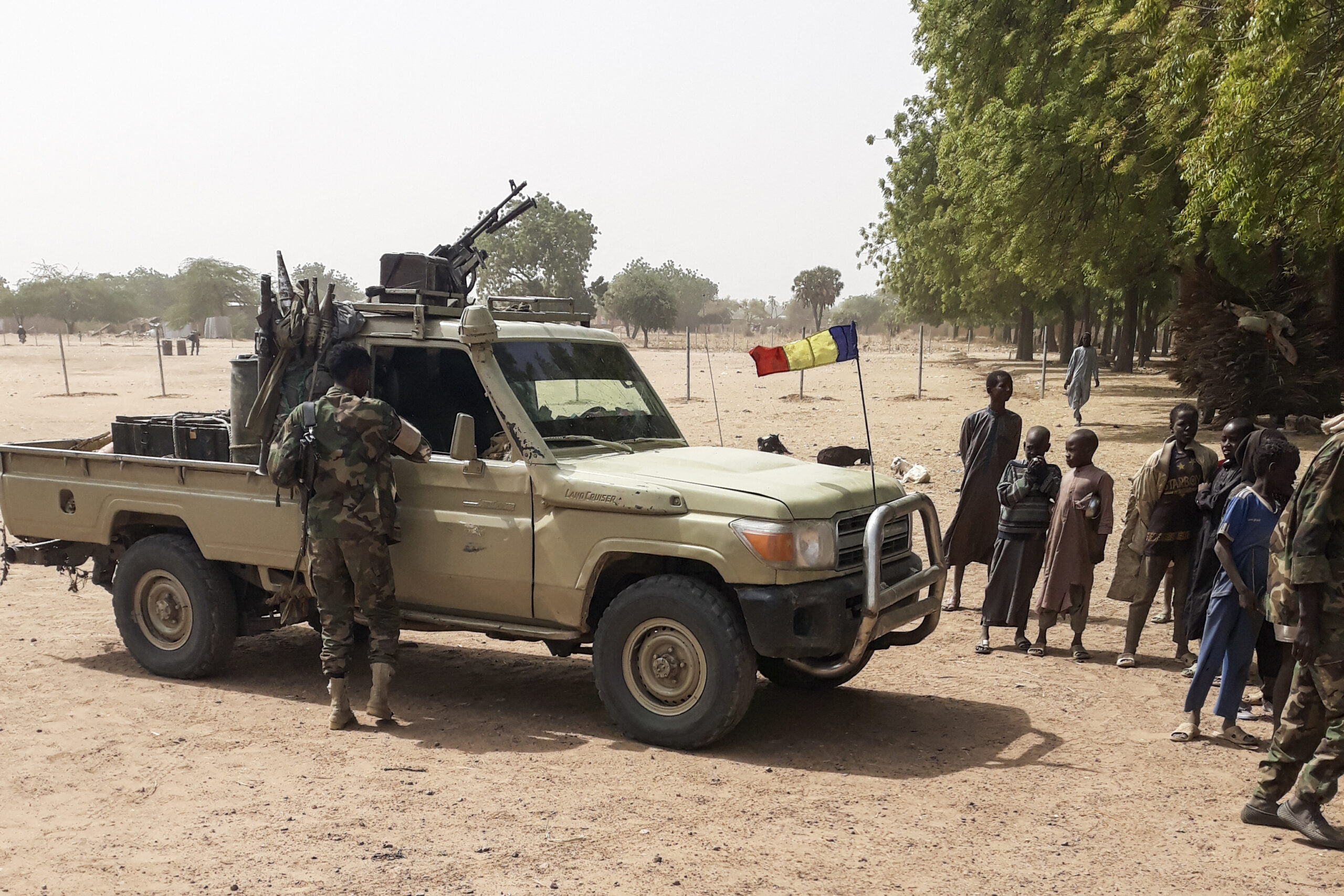
Recent Developments in Focus
On October 27, 2024, the jihadist group Boko Haram launched an attack on a Chadian military garrison located on the island of Barkaram, near the Nigerian border. According to Chadian authorities, the assault led to approximately forty military casualties, including the regimental commander. In response, President Mahamat Idriss Déby Itno announced a military operation named “Haskanite” to pursue the assailants in the region.
A Conflict Rooted in History
For nearly two decades, Boko Haram has continued to destabilize the Lake Chad area despite numerous military offensives. This group, split into two factions since 2016, uses the region’s islands as strategic bases to sustain their terrorist operations, benefiting from the financial and logistical support of the Islamic State. Local populations, under constant threat, are often coerced into providing resources and intelligence for the group.
Internal Divisions Fueling Violence
Since its division, Boko Haram has split into two rival factions: Jama’atu Ahlis Sunna (JAS), led by Ibrahim Bakura, and the Islamic State in West Africa Province (ISWAP). Competition between these factions has only intensified violence in the area, with each seeking to assert dominance through aggressive military actions.
An International Appeal Amid Persistent Challenges
Despite ongoing efforts, regional states struggle to eradicate the Boko Haram threat, which remains supported by powerful and well-funded factions. On October 29, Chad once again appealed to the international community, calling for intensified intelligence cooperation and military support to counter the escalating violence.
Conclusion and Future Implications
The recent attack in Barkaram highlights the persistent challenges in the fight against Boko Haram. With fragile regional cooperation, exacerbated by geopolitical tensions and the lack of economic development in border areas, the path to lasting stability remains uncertain. Strengthened coordination between states and increased international involvement appear as the only viable solutions for stabilizing the region.
© 2024 – O Bulamba / Africa Daily Report